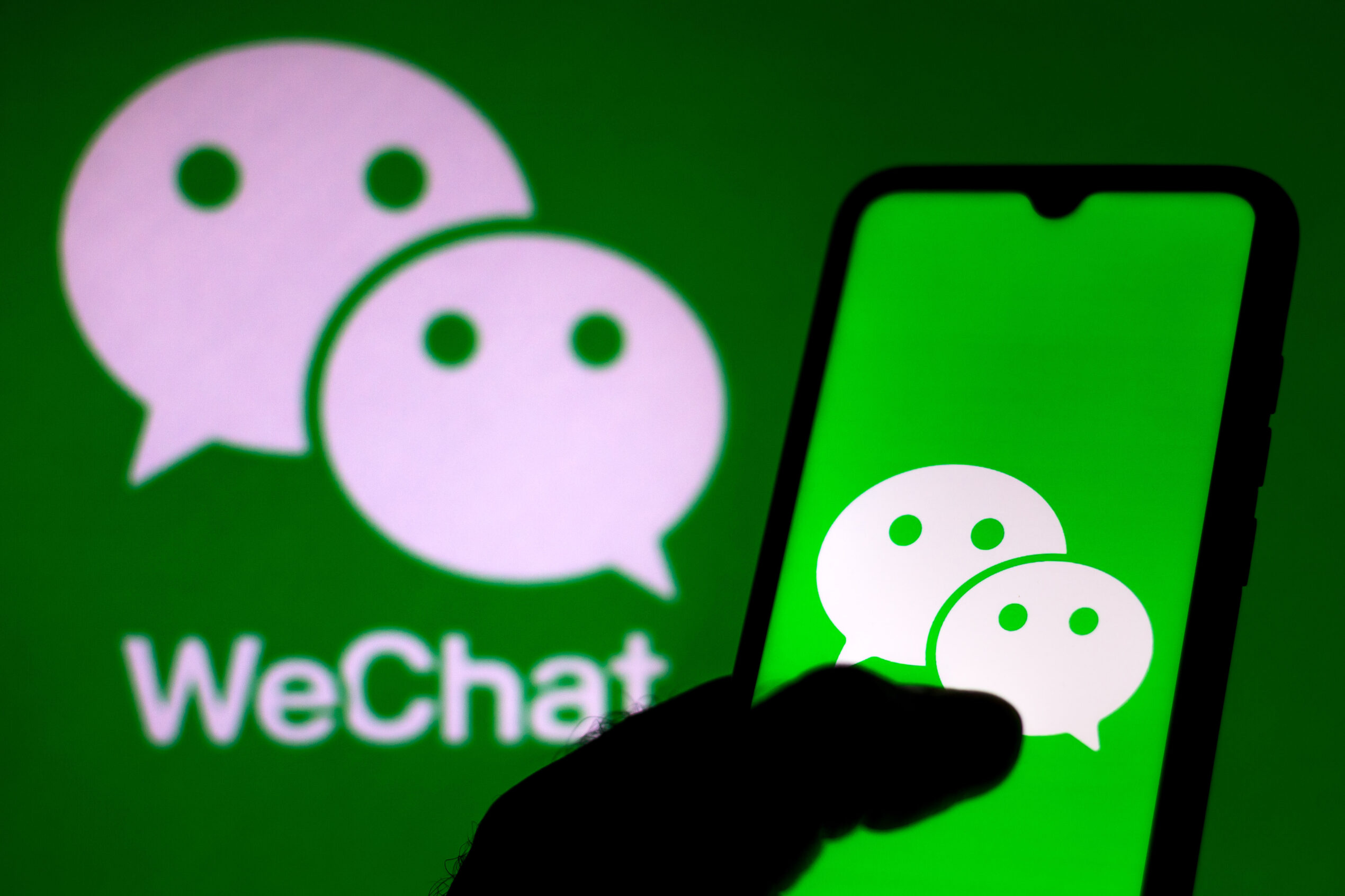OpenAI’s ChatGPT is not yet available for Chinese customers, but it has generated a lot of interest among many, with tech firms in that country rushing to create their own version. Alibaba Group, Tencent, Baidu, NetEase, and JD.com are reported to be in the race for a ChatGPT-style tool.
Users in China cannot create an OpenAI account to access the artificial intelligence powered (AI) chatbots, although Virtual Private Networks (VPNs) and foreign numbers help them dodge the restrictions.
Also read: China Uses Deepfake Anchors to Spread Political Propaganda
At the same time, the Microsoft-backed OpenAI model behind ChatGPT program, which can write essays and complex computer code, is relatively accessible in China and is increasingly being integrated into Chinese consumer tech applications, from social networks to online shopping.
Neither OpenAI nor ChatGPT itself is blocked by Chinese authorities, but OpenAI does not allow users in mainland China, Hong Kong, Iran, Russia, and parts of Africa to sign up. However, OpenAI has never publicly explained those restrictions. The company told Reuters it is working to make the service more widely available.
“We want to make our technology available everywhere, but circumstances in certain countries make it difficult or impossible to do so in a manner consistent with our mission.
“We are currently working to increase the number of locations where we can provide secure and beneficial access to our tools,” said the San Francisco-based company in an emailed statement.
Big tech firms join the buzz
Tech giants like Baidu and Alibaba are among the country’s top tech companies that have joined the buzz and have given updates on AI models they have been working on, prompting their shares to soar on the stock exchanges.
Last week, Baidu indicated it would complete internal testing of its ChatGPT-style service called “Wenxin Yiyan” in Chinese or “Ernie Bot” in English in March.
ERNIE, which stands for “Enhanced Representation through Knowledge Integration,” is a language model the search firm has been working on since 2019.
Since then, the ERNIE project has evolved, allowing users to write poems and papers or use text prompts to automatically generate images.
Following Baidu’s announcement, Alibaba also said its research institute Damo Academy was testing a ChatGPT-style tool without revealing more details.
Proximai founder Will Duan, whose company has been using a Baidu AI chatbot named Plato for natural language processing, said ChatGPT was at least a generation more powerful than China’s current NPL solutions, though it was weaker in some areas, such as understanding conversation context.
However, Baidu did not reply to Reuters’ request for comments.
Duan said potential long-term compliance risks mean Chinese firms would most likely replace ChatGPT with a local alternative, if they could match US- developed product’s functionality.
“So we actually hope that there can be alternative solutions in China which we can directly use…it may handle Chinese even better, and it can also better comply with regulations,” he said.
Access to OpenAI’s GPT-3, or generative Pre-trained Transformer, was first launched in 2020, an update of which is the backbone of ChatGPT.
The #AI Chatbots war is ON! 🔥
– @Microsoft: ChatGPT
– @Google: LamBDA
– @YouSearchEngine: YouChat
– @Baidu_Inc: ErnieBot
– @Perplexity_ai: Perplexity Chat
– @AnthropicAI: Claude
– @heyjasperai: Jasper Chat— DataChazGPT 🤯 (not a bot) (@DataChaz) February 8, 2023
ChatGPT impact direct, unlike the metaverse
Since its introduction in November last year, ChatGPT has gained huge traction. And its growing popularity is quickly raising awareness in China about how far the US AI has advanced – and how far behind Asian tech companies are.
Competition in AI-related technology also has geopolitical overtones, as it is one of the most hotly contested fields in the decades’ long US-China tech rivalry.
Senior equity analyst for Morningstar Asia Limited, Kai Wang said many Chinese AI companies view ChatGPT-like technology as a long-term driver for growth. Once they saw Baidu’s announcement, many companies also looked to capitalize on the opportunity, according to Wang.
Wang however warned of the uncertainties regarding how a chatbot would work in China, as these products are still in their early stages of development.
“There is a lot of uncertainty over the competitive landscape, regulations and ultimately, how well it works at this stage. We also have to be wary about how monetization of these products would work and how margin dilutive they are in the long run,” he said.
ChatGPT has been programmed to hold natural conversations using AI. According to experts, some of its benefits are increased productivity, increased accuracy, quick response times, increased engagement and scalability.
“There is great excitement around ChatGPT. Unlike the metaverse, which has a great difficulty finding real world applications, ChatGPT has suddenly helped achieve human-computer interaction,” said Ding Daoshi, an internet analyst and former director of Beijing based consultancy Sootoo.
“The changes it will bring are more immediate, direct and much quicker,” added Daoshi.
Local media reports say Tencent Holdings’ WeChat, China’s largest messaging app, in December ended numerous ChatGPT-related programs, although they continued to pop up.
Dozens of bots powered by ChatGPT technology have appeared on WeChat, which enthusiasts use to create programs or automated accounts that can interact with users. At least one account charges users a fee of 9.99 yuan ($1.47) for asking 20 questions. Tencent did not respond to a request by Reuters for a comment.

ChatGPT has helped promote informal adoption in China by supporting Chinese Interactions and being able to converse in Chinese.
Shenzhen-based Proximai last year introduced ChatGPT’s underlying technology to a social app, such as a 3D game with talking virtual characters. Beijing-based entertainment software company Kunlun Tech also plans to integrate ChatGPT into its web browser Opera.
Chinese firms currently use proxy tools or existing partnerships with Microsoft, which is investing billions in OpenAI, to access tools that allow them embed AI technologies into their products. One Hong Kong startup, SleekFlow, which is backed by Tiger Global, said it is integrating AI into its customer relationship messaging tools.
“We have customers all over the world,” said Sleekflow founder Henson Tsai. “Above all, ChatGPT provides excellent translations, sometimes better than other solutions on the market.”









 and then
and then